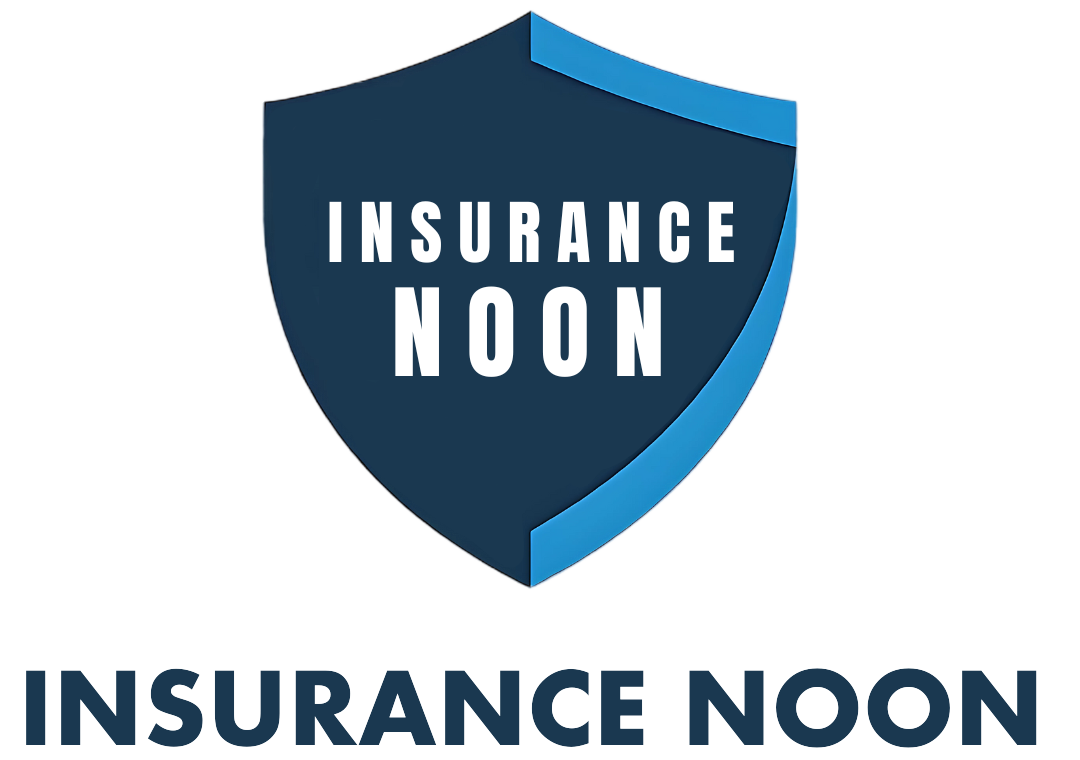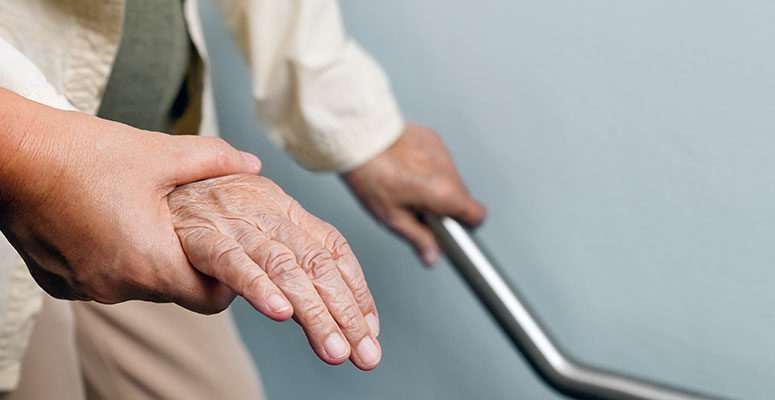The Most Common Injuries for the Elderly and How to Prevent Them
Whether your elderly loved one is living in a nursing home or living alone in their own home, you may be wondering whether they are safe. It is a concern that many of us have, especially as our family members age. The elderly are more susceptible to injuries than any other age group and are at a greater risk of sustaining an injury due to the fact that their bodies are less flexible and they may not be as aware of their surroundings as they once were. This can greatly affect the cost of their health insurance.
Even a minor fall can result in a fracture or broken bone, which can leave your loved one in a lot of pain and can lead to limited mobility or even an inability to live by themselves.
This is why it is important that you take steps to prevent your loved one from sustaining an injury. It is recommended that you visit them every couple of weeks and to check in on them throughout the day to ensure that they are safe.
Here are some of the most common injuries that can occur among the elderly and how to prevent them:
Falls
One of the most common injuries for the elderly is a fall. Falls account for more than 30 percent of all injuries in nursing homes. Elderly people are more likely to fall due to the fact that they reduce their speed and stride as they age.
You can reduce the likelihood of a fall by ensuring that your elderly loved one always has a handrail to lean on when they are walking up or down the stairs.
It might also be a good idea to provide them with a walking stick or a cane and make sure that they have a sturdy pair of shoes that provides them with good stability. If you notice your loved one taking longer than usual to get from one place to another, or needing assistance to get from the bed to the bathroom, it might be time to start thinking about getting an occupational therapist to assess them for mobility issues.
Slips and Trips
Another common injury for the elderly is a slip or a trip. Elderly people are at a greater risk of slipping and tripping due to the fact that they are less aware of their surroundings, and they may not be able to see very well or have poor balance.
Preventing a fall can be done by making sure that your elderly loved one has a non-slip mat in the bathroom and also one by the kitchen sink.
Elderly people usually have a hard time getting up from the floor and they may not be able to do it alone, so it is important to ensure that they have a sturdy and reliable step stool to help them.
But, if your relative does slip or trip, having a medical alert system in place will ensure that they can get help quickly. Medical alert systems for seniors have made great advancements recently, and they have grown in popularity, too.
Dental Issues
Another common injury for the elderly is dental issues. Elderly people are more likely to experience dental issues due to the fact that their teeth and gums are more likely to become more sensitive and frailer as they age.
Having regular dental check-ups and making sure that your elderly loved one brushes and flosses their teeth regularly will help them to avoid dental issues.
If you notice that your elderly loved one is experiencing any dental symptoms such as a toothache, loose teeth, or gum disease, it is important that you take them to see their dentist as soon as possible.
Preventing Medication Errors
Medication errors are a common cause of injury among the elderly, leading to thousands of deaths annually. Older adults are especially at risk due to taking multiple medications and potential memory challenges that may cause them to take the wrong medication or forget doses.
To help your elderly loved one stay safe, have them list all their medications, including dosages and instructions. If needed, ask their doctor or a family member to assist in writing this down.
Additionally, create a list of medications they should avoid, including over-the-counter drugs and alcohol.
Organizing their medication in an easily accessible way is also crucial. Avoid cluttered drawers, as these can be confusing. Instead, use a clear, easy-to-open container to keep medications visible and organized.
Lastly, label medication bottles or containers with their name, date, and time of dosage to minimize confusion.
By following these steps, you can help ensure your elderly loved one takes their medications safely and correctly.
Burns
Elderly people are more likely to experience a burn injury due to the fact that their skin is more likely to be dry and delicate, and they may not be able to sense pain like they could when they were younger.
It is important to ensure that your elderly loved one is careful when they are around the stove. They should use potholders to protect their hands and should never leave a pan unattended on the stove.
They should also make sure that they don’t leave a pan on the stove while they are asleep or while they are in the shower.
Another good idea is to invest in a deep fat fryer. This can help your loved one to stay healthy and nutritious by cooking their own healthy meals.
If you notice that your loved one is burnt from a fire or a hot pan, it is best to keep them under cool running water for a minimum of 10 minutes and then take them to see their doctor.
You can help to reduce the risk of burns by making sure that you have a smoke detector in the home, and that it is tested at least once a month.
Conclusion
Whether your elderly loved one lives alone or in a nursing home, there are many ways you can help prevent injuries.
You can provide essential items such as medical alert systems, walkers, canes, non-slip mats for bathrooms and kitchens, and sturdy step stools. Additionally, consider using CBD balm to aid recovery and clearly label medications with names, dates, and times.
Regular check-ins are crucial. Visit them often, and if you notice unusual behavior, consult a doctor immediately.
If you have questions on injuries prevention, reach out to a doctor or their occupational therapist for advice.






